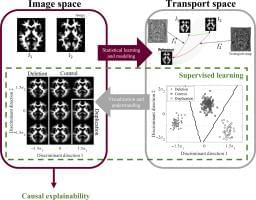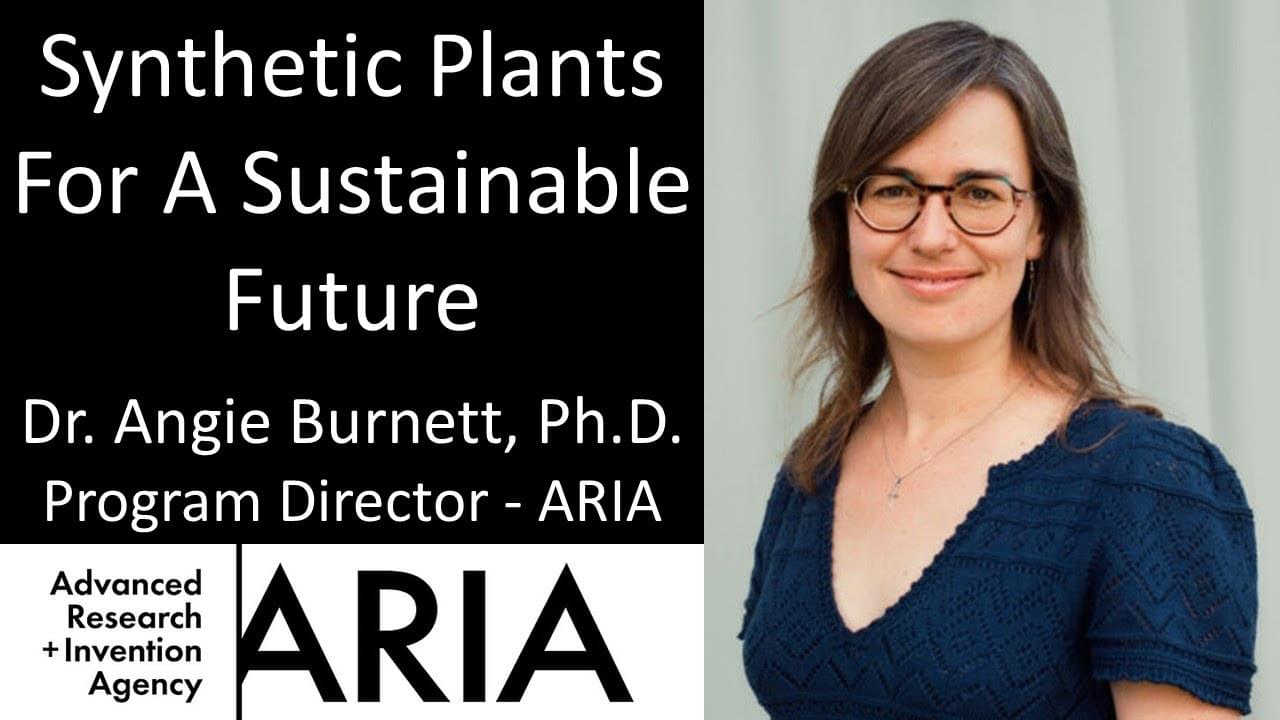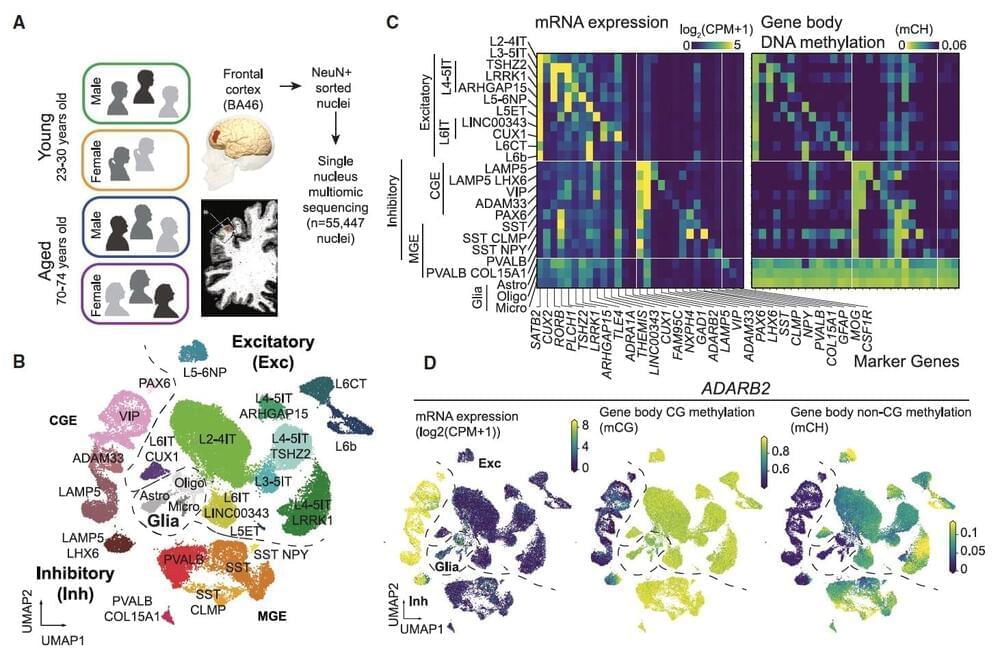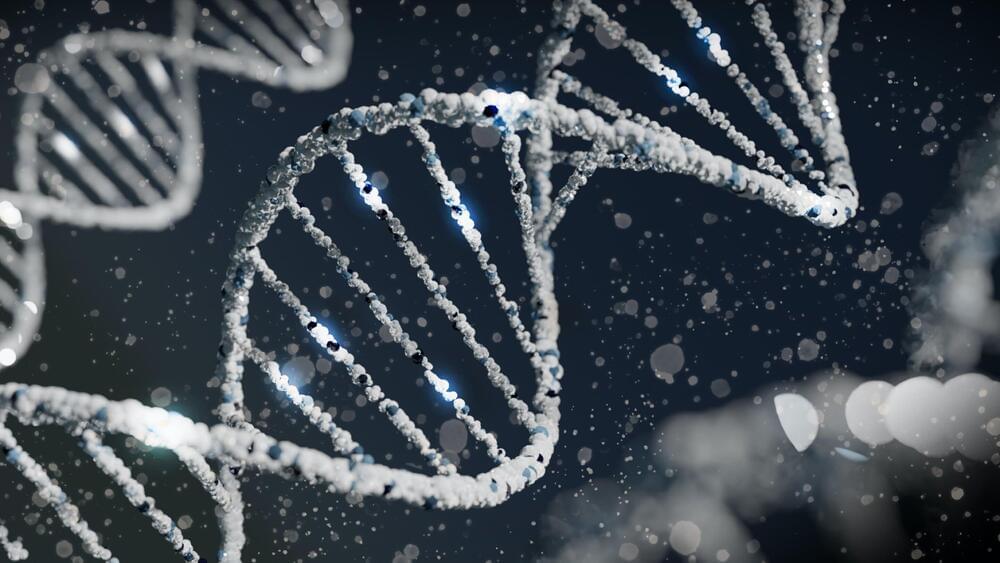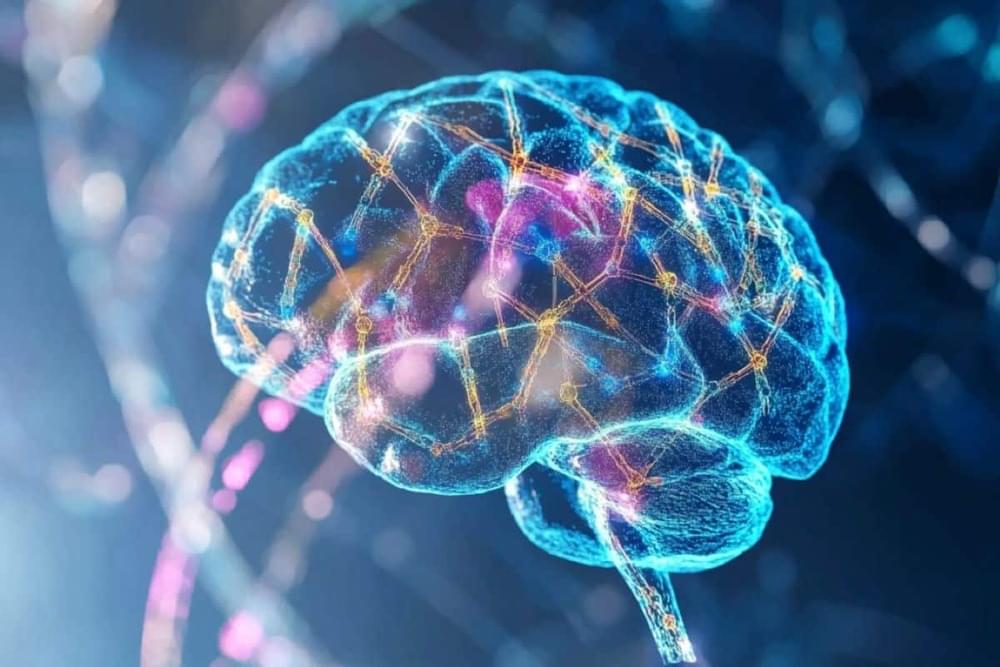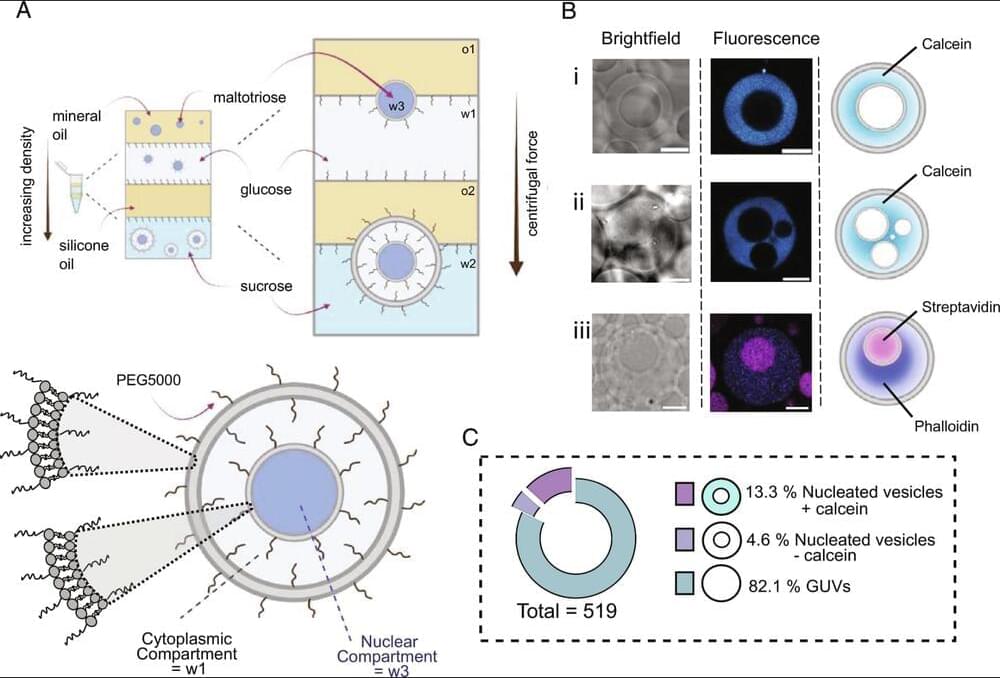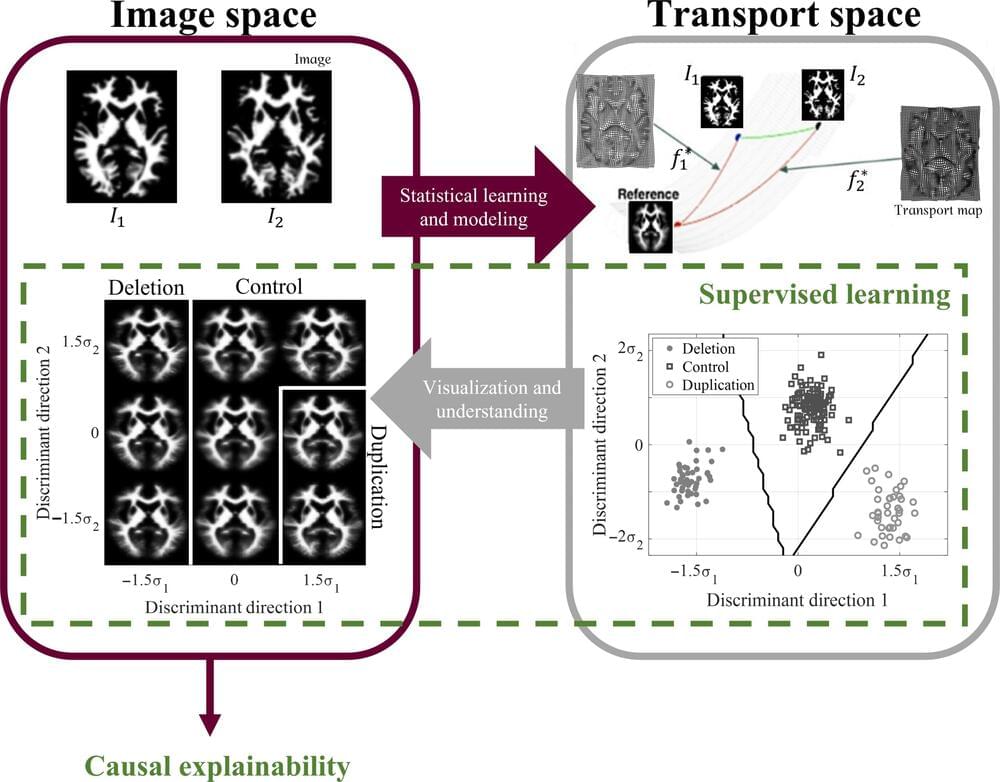Sep 5, 2024
100-fold Improvement in Sight Seen After Gene Therapy Trial
Posted by Shubham Ghosh Roy in categories: biotech/medical, genetics
The vision of people with a rare inherited condition that causes them to lose much of their sight early in childhood was 100 times better after they received gene therapy to address the genetic mutation causing it. Some patients even experienced a 10,000-fold improvement in their vision after receiving the highest dose of the therapy, according to researchers from the Perelman School of Medicine at the University of Pennsylvania who co-led the clinical trial published in The Lancet.
“That 10,000-fold improvement is the same as a patient being able to see their surroundings on a moonlit night outdoors as opposed to requiring bright indoor lighting before treatment,” said the study’s lead author, Artur Cideciyan, Ph.D., a research professor of Ophthalmology and co-director of the Center for Hereditary Retinal Degenerations.
“One patient reported for the first time being able to navigate at midnight outdoors only with the light of a bonfire.”

